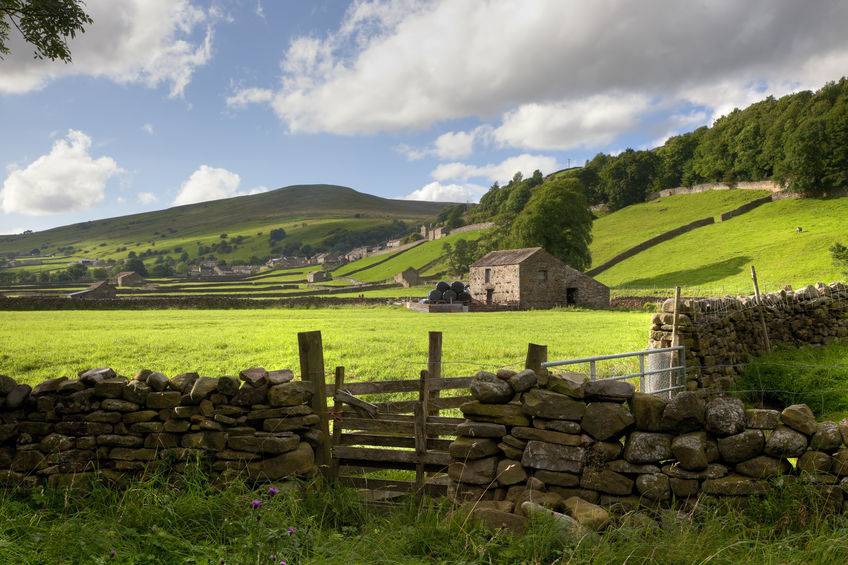
The vital role farming plays in protecting and enhancing the environment was underlined at a landmark conference hosted by the NFU on Tuesday.
Farmers from across the country joined politicians, civil servants, campaigners and industry representatives at the event which aimed to put a spotlight on the importance of a farmed environment working in harmony with productive food and farming businesses.
A new report released at the conference details the role farming has played through the generations in shaping Britain’s iconic countryside.
It highlights the need for a better data-based approach to underpin effective future agricultural and environmental policy-making and ensure that environmental successes can be recognised, as well as understand where more work is needed.
The report also advocates the need for better data to benchmark environmental performance in a "meaningful way".
Without accurate or comprehensive data the industry will be permanently reliant on "anecdotal or cherry-picked evidence", which the report says does not show the full picture.
For example, during last year’s Big Farmland Bird Count, 121 different species of birds were recorded on farm – far more than are found on the Government’s official farmland bird index.
And there was another success story with barn owls, which have increased by 17% above the average of the previous four years.
NFU President Minette Batters said: “Farmers want to play our part in rising to the government’s wider challenge to be the first generation to leave the environment in a better condition than we found it.
“In order to do that, we need a balanced and honest appraisal of the current state of the farmed environment.
"Farmers take their environmental responsibilities very seriously and are passionate about the countryside – without it they would not have businesses."
She said that in order for farmers to keep delivering for the environment, a future land management scheme should be "voluntary, open to all farmers, simple to apply for and administer, and offer a fair reward."
The NFU are also asking the government to make sure that a future agriculture policy enhances farmers’ ability to produce food for the nation.
Mrs Batters added: "It is crucial that it gives us greater security in the supply of safe, traceable and affordable British food that the public trusts.
"The bottom line is that farm businesses need to be productive and profitable to be able to continue to deliver the environmental benefits we all want to see.
